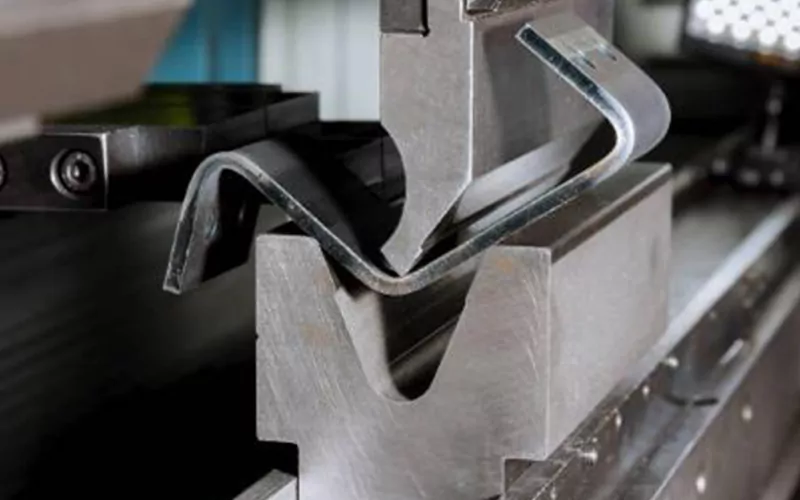When it comes to the manufacturing industry, the transformative power of CNC metal fabrication cannot be overstated. This innovative technology has revolutionized the way metal components are produced, offering a level of precision, efficiency, and flexibility that was previously unimaginable.
The Evolution of CNC Metal Fabrication
Before delving into the transformative power of CNC metal fabrication, it's important to understand its evolution. CNC, or Computer Numerical Control, has its roots in the 1940s when it was first developed for military purposes. Over the decades, advancements in technology have led to the sophisticated CNC metal fabrication systems we have today.
These systems utilize computer-aided design (CAD) software to create detailed digital models of the desired metal components. The CNC machines then interpret these digital models and precisely cut, bend, and shape metal materials to match the specifications. This level of automation and precision has completely transformed the manufacturing process, leading to higher quality products and faster production times.
The Impact on Manufacturing Efficiency
One of the most significant impacts of CNC metal fabrication is its ability to enhance manufacturing efficiency. Traditional metal fabrication processes often involve manual labor, which is not only time-consuming but also prone to human error. With CNC technology, manufacturers can automate the production of metal components, leading to consistent quality and reduced lead times.
Furthermore, CNC machines can operate 24/7 with minimal human intervention, maximizing production output and reducing labor costs. This level of efficiency has allowed manufacturers to take on more complex projects and meet tight deadlines, ultimately improving their competitiveness in the market.
The Precision and Flexibility of CNC Metal Fabrication
Another transformative aspect of CNC metal fabrication is its unparalleled precision and flexibility. CNC machines can execute intricate cuts and shapes with micron-level accuracy, ensuring that the final products meet the most demanding specifications. This level of precision is particularly crucial in industries such as aerospace, automotive, and medical, where the slightest deviation can have significant consequences.
Moreover, CNC metal fabrication offers unmatched flexibility in terms of design iterations and customization. Manufacturers can easily reprogram CNC machines to produce different components without the need for extensive retooling. This agility allows for rapid prototyping and the ability to quickly adapt to changing market demands, giving manufacturers a competitive edge.
The Future of CNC Metal Fabrication
As technology continues to advance, the transformative power of CNC metal fabrication will only become more pronounced. The integration of artificial intelligence, advanced robotics, and additive manufacturing techniques will further enhance the capabilities of CNC machines, opening up new possibilities for the manufacturing industry.
Additionally, the adoption of sustainable practices, such as using recycled materials and minimizing waste, will be a key focus in the future of CNC metal fabrication. This will not only reduce the environmental impact of manufacturing but also contribute to cost savings for manufacturers.
In conclusion, the transformative power of cnc metal fabrication is reshaping the manufacturing industry in profound ways. From improving efficiency and precision to enabling greater flexibility, CNC technology is driving innovation and propelling the industry forward. As we look to the future, the potential for further advancements in CNC metal fabrication is limitless, promising an exciting era of manufacturing excellence.
